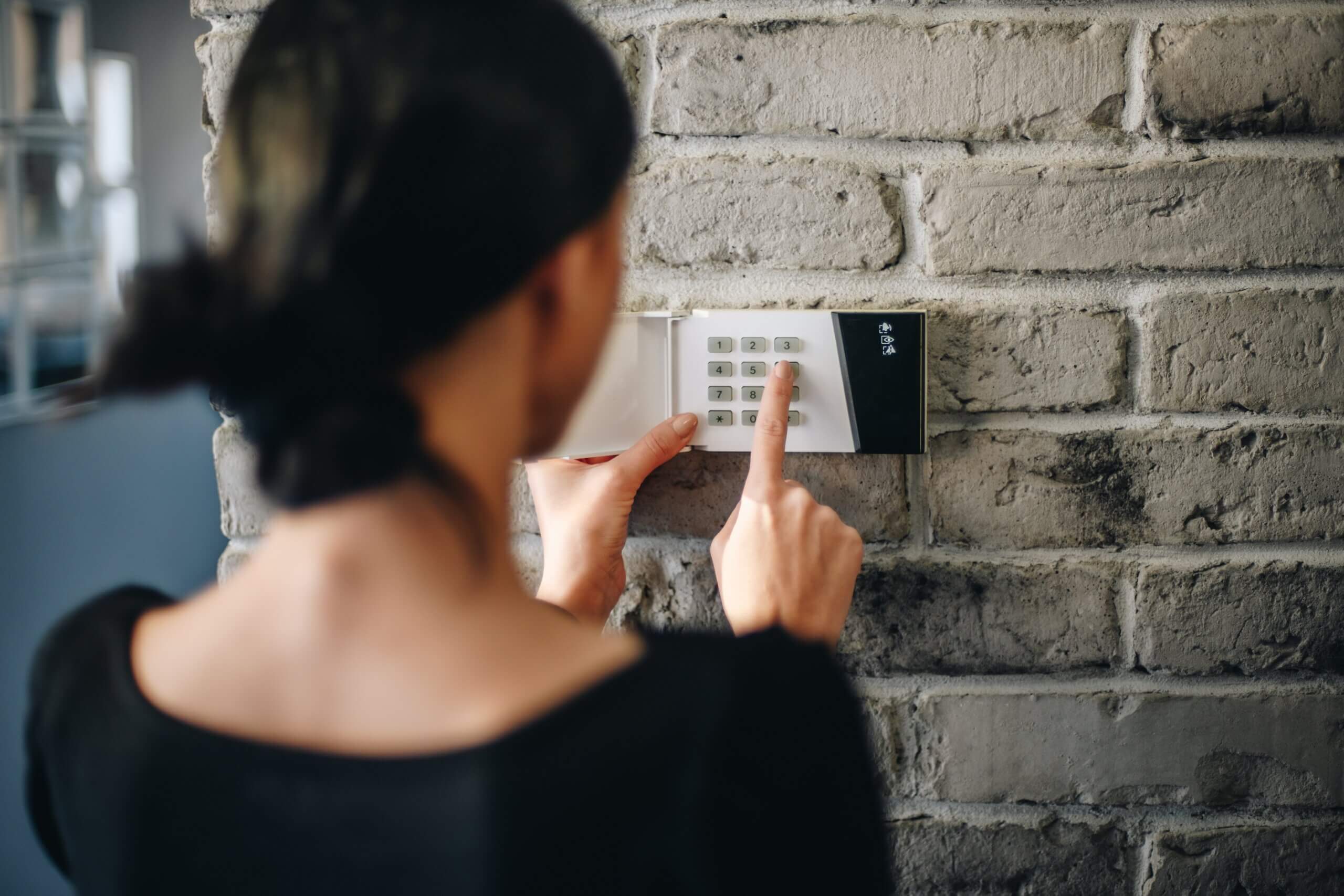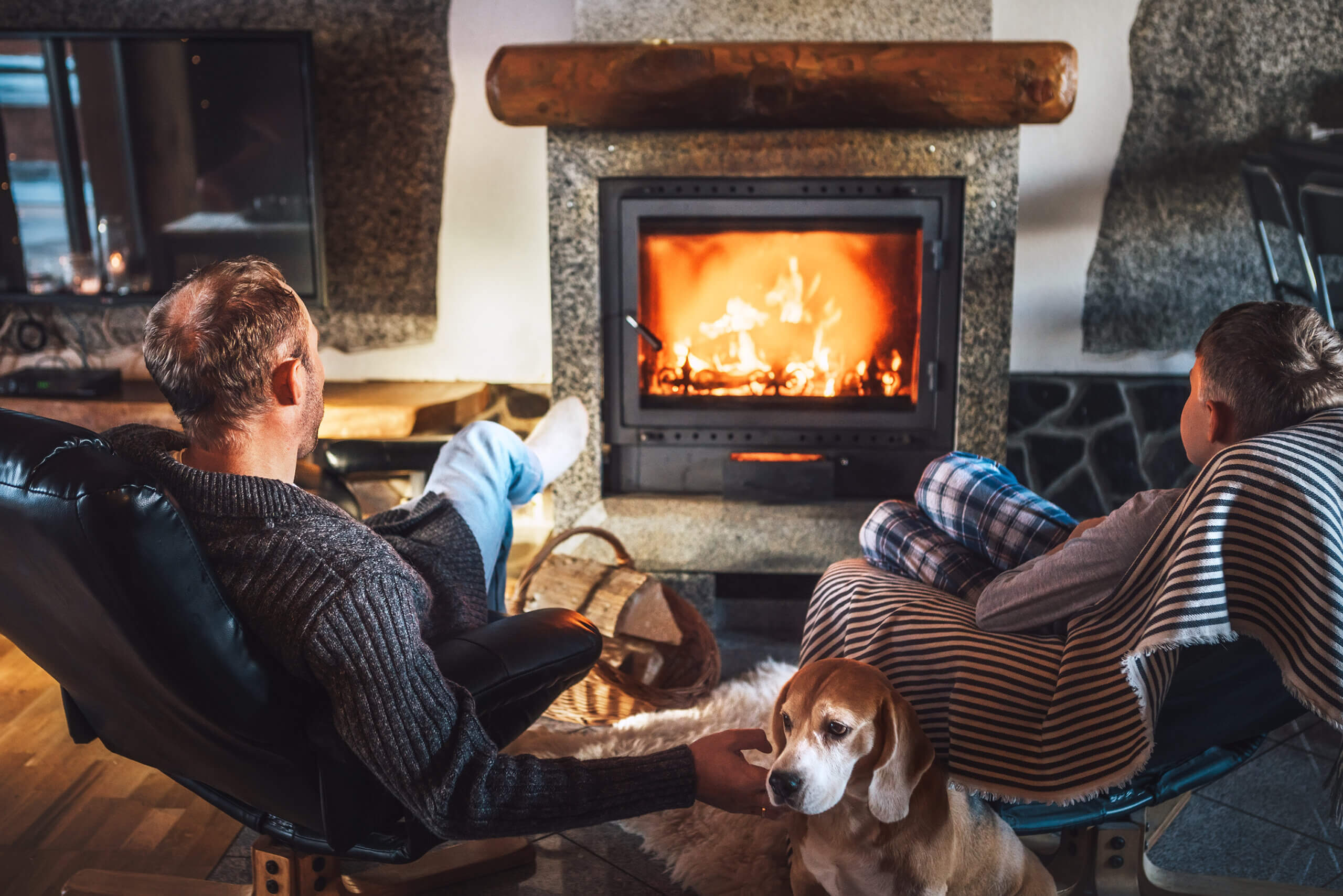
Tysers announces senior roles for Tysers Singapore
Tysers is delighted to announce the appointment of Babita Rai as CEO, Tysers Singapore, and William Furness-Smith as Head of Marine, APAC. Babita Rai Babita…
The BBC Weather Team yesterday forecast that this week the UK will continue to experience low temperatures, frost and snow; they also announced the increasing threat of high winds as Storm Barra is set to hit the country.
So, our Private Clients’ Team thought it would be the perfect time to remind clients about their useful ‘Winter Tips Guide’ guide, designed to provide useful advice to help you with home security, protecting against theft and extreme weather conditions. You can download the full guide by clicking on the link below or read this article.
House Security : Winter Tips Download
Insurance claims data indicates a spike in burglaries around the festive season, it’s an opportune time to review the security of your home. Here are a few tips to keep you, your family and your property safe and secure.
Timers for lights are useful, but smart security technologies offer significant advantages over the more traditional methods.
Burglars often scope out homes for a few days prior to forcing their entry. If lights in the same rooms switch on at a routine time each night, it doesn’t take long to deduce they’re being operated by a timer.
With smart technology you can improve home security as you continue to maintain control of your lighting anywhere in the world.
To secure your home and the best insurance premiums, it’s important to have British standard locks fitted to all external doors and windows. This will provide you with peace of mind.
The more levers a lock has the more secure it is, so the Five Lever Mortice Deadlock is regarded as the most secure general house lock and is often fitted on wooden external front and back doors (a five lever Mortice Deadlock is NOT found on uPVC or composite doors).
Most insurers will insist that your lock conforms to British Standard BS3621, which ensures it has certain security features in the mechanism. You can tell if your lock conforms by checking for the BSI Kitemark™ – usually on the plate set in the door.
A rim automatic deadlatch (nightlatch) is fitted on the inside of your door, with the key locking cylinder, to insert your key to open the door, located on the outside of the door. This type of lock can be locked and unlocked from both sides. Nightlatches are easy to use from the inside and lock automatically once the door is shut.
Fitting both a nightlatch and a Five Lever Mortice Deadlock to wooden external doors improves the security of your home.
This type of lock is commonly used on external front and back doors. This lock can be found on Composite, UPVC, French Windows and Patio Doors. When the lock is used multiple bolts will engage into the door frame, usually with a minimum of three points and sometimes four or five.
Most often, these locks are to composite and UPVC doors and used with Multipoint locking systems. Make sure you fit a Euro cylinder that is either SS312 diamond approved or TS007 3 Star.
For purchasers of alarms for homes and business premises The British Insurance Brokers Association (BIBA) publishes a useful guide. The guide is designed to provide details of what security standards insurers may typically expect and can be viewed in full here.
Our high-net-worth clients have high value personal assets making a monitored alarm system the most suitable choice for protecting their home security.
An alarm transmission system (ATS) product is used to transmit alarm signals to a continuously manned alarm receiving centre (ARC).
The installers of such systems conform to police rules and applicable standards which entitles them to request a police unique reference number (URN). The award of a URN allows the ARC to directly contact the police force’s control room and request an immediate response to alarm activations, justifying police attendance.

The following are tips to help prevent any issues that may arise during the cold weather.
Have your heating system and boiler checked by a licensed professional. Faulty heating equipment is among the leading causes of home fires during the winter months.
Call out a chimney sweep to check your fireplaces and chimneys. An annual inspection is important as a clogged flue can harm you and your family due to the increased risk of fire, as well as the possibility of toxic carbon-monoxide gas poisoning.
Check all gutters and pipes and have them cleaned out if necessary, as this may otherwise result in flooding. Check the roof and replace any roof tiles that are missing or damaged. Please ensure that the whole roof is watertight.
Check the roof and replace any roof tiles that are missing or damaged. Please ensure that the whole roof is watertight.
Make sure that trees are trimmed and kept away from the house. This will help protect your drains and prevent damage from falling branches during storms.
Check your windows for possible areas of bad paintwork and loose putty. Gaps may admit water and cause the window to swell, jam or even rot.
Check your fire extinguishers and charge or replace these as necessary. We recommend keeping a small multi-purpose fire extinguisher and fire blanket within the kitchen and multi-purpose fire extinguishers on each floor of your home.
Check that your smoke alarms are in good working order. Batteries will need to be replaced twice a year, while the detectors themselves usually have a life span of about 10 years. Hardwired smoke alarms also need to be replaced after a decade of use.
You may wish to check the foundation of the house for areas where water may puddle. Areas of crumbling brickwork must be repaired without delay to ensure water cannot get in and freeze.

Frozen and burst pipes can mean enormous inconvenience, with leaks also capable of causing extensive damage to your home and possessions.
They can also be extremely messy to repair and require floors, lawns, tarmac or paving to be disrupted and replaced.
Some of the precautions below may help you avoid winter plumbing issues.
Make sure you insulate any outside water faucets. During cold spells it may be preferable to shut off and drain these completely, using the inside stop tap. Likewise, exterior sprinkler systems should be winterised to prevent freezing.
Insulate your water tank and any pipes located in unheated areas of the home and exposed to freezing cold, such as the loft, roof spaces, unheated basements, outbuildings or garages. Pipes under kitchen sinks, in crawl spaces, and near windows are also prone to freezing during winter.
Leave your heating on while you are away from home. Your pipes are more at risk if your house is unoccupied and unheated and frozen pipes are often the result of the central heating being switched off completely when a house is empty. During sustained periods of wintry conditions and frost, even leaving your heating at a minimum setting can help to prevent damage to your home. The heating should be on ‘low’, or set to come on a couple of times a day.
Make sure you know where to locate the main stopcock, in case you need to turn off your water supply in an emergency. The internal stop tap is often found under the kitchen sink, in the utility room, basement, ground floor bathroom or garage – most likely wherever the water pipe enters your home.
Check that the main stopcock is working correctly on a regular basis. It should be easy to turn it off in an emergency, saving precious time. One idea is to put a tag on it, making the stopcock even easier to find if there is ever a problem and time becomes precious.
If your home is likely to be vacant for several days, it may be a good idea to turn off the water with the stopcock. While this may not prevent frozen pipes, it will significantly reduce the damage to your home should a pipe freeze.
If you have experienced frozen pipes in the past, on particularly cold nights or during periods of low usage, try running a small steady stream of water from a cold water tap at the highest point in the home. Still water freezes faster than running water and even a small trickle will mean at least some movement through any sections of pipe situated in cold spaces. Note that dripping taps in general are signs of a problem and should be addressed.
On particularly cold days, open your loft trap door to allow warm air from other parts of the house to circulate into the loft. You might also leave bathroom or kitchen cabinet doors open if they are adjacent to outside walls, so warmer room air can circulate around the pipes. Be mindful of chemicals stored in such cabinets if you have small children or pets.
Arrange for someone to check your property at least once a day during periods of extended absence.
Make sure the person in question is aware of the location of the main stopcock.
A frozen pipe may burst when it starts to warm and thaw, at which point severe damage can be caused as water from the melting pipe pours from the break. Therefore if you detect, or even suspect a frozen pipe, you should immediately contact your plumber.
For further risk management advice and insurance quotations please contact a member of our Private Clients’ Team in your nearest regional office.
COLCHESTER
Kevin Reed
D: 01206 756065
kevin.reed@tysers.com
HITCHIN
Roger Bailey
D: 01462 477878 | M: 07748 708898
roger.bailey@tysers.com
Annette Ford
D: 01462 477027 | M: 07714 521566
annetta.ford@tysers.com
James Stewart
D 01462 439847 | M 07977 442973
james.stewart@tysers.com
LONDON
Kate Wallace
D: 0203 915 0397 | M: 07500 994265
kate.wallace@tysers.com
Caroline McPolin
M 07769 148 725
caroline.mcpolin2@tysers.com
MANCHESTER
Nathan Maloney
D: 0161 419 3046 | M: 07795 472 778
nathan.maloney@tysers.com
Stuart Siddall
D: 0161 419 3085 | M: 07855 211 785
stuart.siddall@tysers.com
